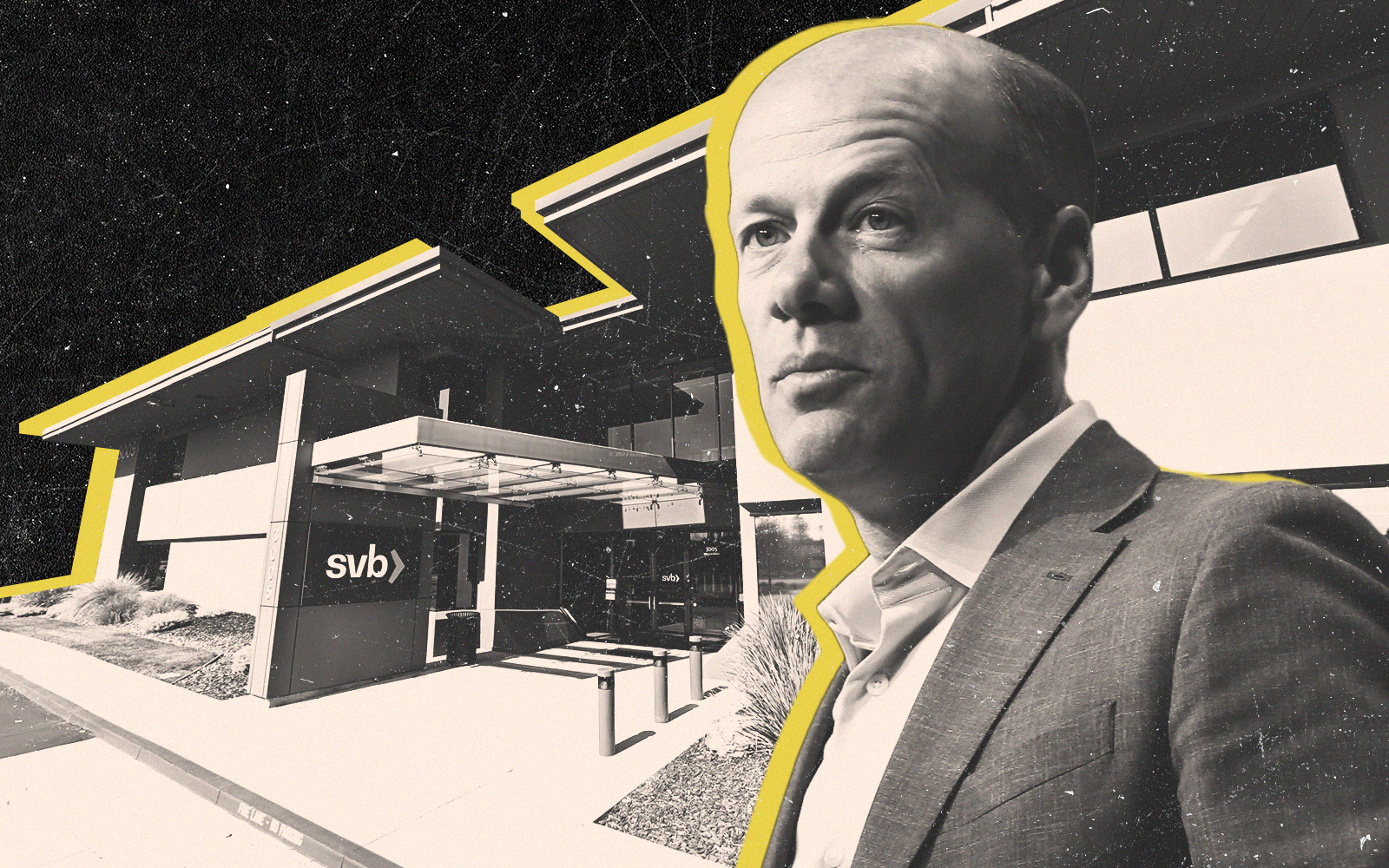The recent series of bank failures has sent the Treasury Department scrambling to find ways to insure deposits beyond the $250,000 cap.
The Treasury is studying if federal regulators can use emergency authority to cover all deposits, people with knowledge of the talks told Bloomberg. The consideration comes as the government attempts to prevent contagion from the recent bank collapses.
One possibility would see the Treasury Department use the Exchange Stabilization Fund to temporarily expand Federal Deposit Insurance Corp. insurance. While the fund is historically used to buy and sell currencies and finance foreign governments, it has also been used to backstop emergency lending facilities and is the only fund fully controlled by the Treasury.
Some members of Congress favor expanding FDIC coverage beyond $250,000. Others, however, fear universal guarantees on bank deposits could encourage irresponsible behavior from institutions.
For the time being, the Treasury is brainstorming for the possibility of a growing crisis, but is not on the verge of acting. The government did step in with Silicon Valley and Signature, moving quickly to fully guarantee all deposits at the two banks.
Talks of a universal guarantee of bank deposits come after the real estate world grappled with possible ripple effects of the failures that immediately hit lenders and depositors.
When state regulators took over Silicon Valley, the bank boasted $11 billion in real estate exposure, including $8.3 billion in mortgages and $2.6 billion in commercial-backed debt on the books.
Read more



The failure of Signature, a major multifamily lender in New York, has left some loans, and their attached owners, up in the air. New York Community Bank is absorbing Signature’s assets through its subsidiary, Flagstar, but snubbed the bank’s commercial real estate loans.
Contagion fears spread to First Republic Bank, but investor confidence is on the rise after the Federal Reserve promised to help support small banks. The San Francisco-based mortgage and commercial real estate lender scored a vote of confidence when a group of 11 private banks, led by JPMorgan Chase, floated it a $30 billion lifeline in the form of deposits.
— Holden Walter-Warner
